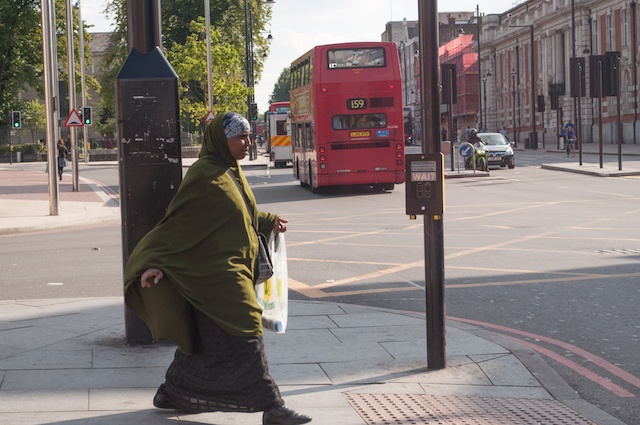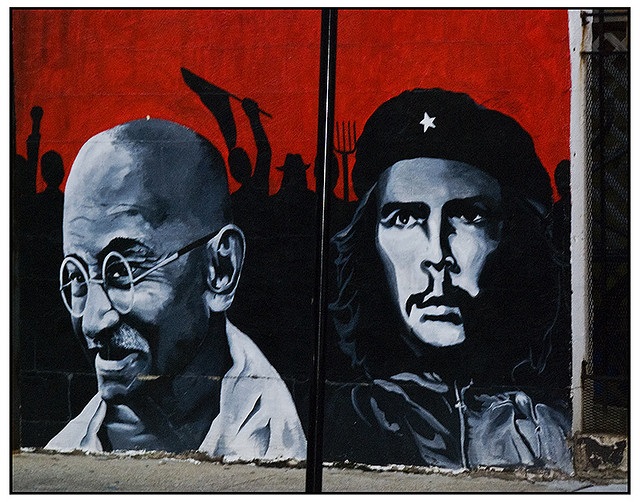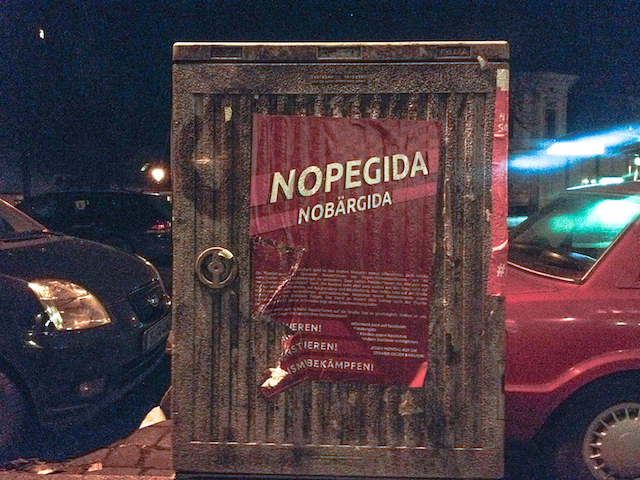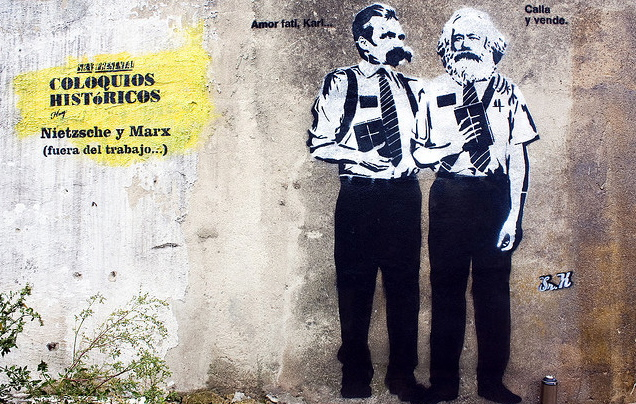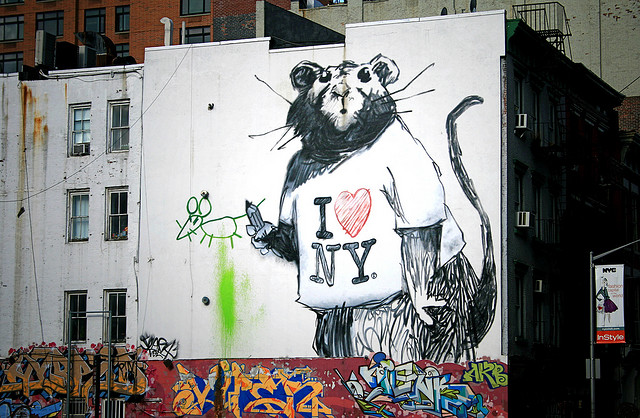The sentiment of Continental Europe towards Islam — I do not speak of England — is still one of social hostility and political aggression. In spite of all the changes which have affected religious thought in Catholic Europe, and of the modern doctrine of tolerance, none of the nations by which Islam is immediately confronted by have changed anything of their policy, since they first resolved to recover “Christian lands lost to the infidel.” (More…)
Non-Fiction
The world is on the cusp of the greatest transformation of the nature of work since the industrial revolution of the 19th century, if not, arguably, since the invention of the wheel. The confluence of developments in cybernetics, robotics, and artificial intelligence will, in all likelihood, result in transformations so profound as to rewrite the rules governing human societies, if it does not wipe them out entirely. (More…)
I for one regret that the old Pax Romana was broken up by the Arabs; and hold that in the long run there was more life in that Byzantine decline than in that Semitic revival. And I will add what I cannot here develop or defend; that in the long run it is best that the Pax Romana should return; and that the suzerainty of those lands at least will have to be Christian, and neither Moslem nor Jewish. (More…)
The pale, yellow light of the waning day streamed through the dusty window panes of the little cigar shop, and across the bench where old Hans Fritzsche worked and hummed the melody of Der Freiheit the while. (More…)
He was running across our rows for the first time. He was creating a new block out of us, the “zugangs” (new arrivals.) He was seeking, among unknown people, some men to keep order in the block. Fate willed it that he chose me, he choose Karol Swietorzecki (a reserve officer of 13th cavalry regiment,) Witold Rozycki (a good fellow from Warsaw,) and several others. (More…)
We were terribly thirsty. Pots with some beverage were just delivered. The same people, who had been killing us, were distributing round mugs of that beverage along our ranks, while asking: “Was bist du von zivil?”We got what desired, that is (a) beverage, and replied some trade, a worker or a craftsmen. And those pseudo-people, while beating and kicking us, shouted:… “Hier ist Auschwitz – mein lieber Mann!” (More…)
War is hell, or so the adage goes. Especially when we think back to the twentieth century, to events like Dresden, and Hiroshima. 2014 was an especially poignant year in this regard, as Europe observed the 100th anniversary of WWI, and Russia went to war again, in the Ukraine. 100 years didn’t seem like a long time, in the grand scheme of things. The world remained stuck on the cusp of the 19th century. (More…)
We live in the age of lists. The range of culture available to us is staggering, the cost of consuming it less than ever before. Confronted with such overwhelming abundance, we long for the means to impose order upon it. And that’s why we scour the Best-Ofs compiled by anyone with a trace of expertise for guidance. (More…)
It took Michel Foucault to reinsert Nietzsche into leftist analyses of power. Although the German philosopher’s influence has been felt among Marxist, anarchist, and anti-market thinkers, his influence is rarely accorded its due. Like pornography, Nietzsche is often hustled in through the backdoor, and with a vague sense of shame. (More…)
Rats, crocodiles and Wile E. Coyote have been much on my mind lately.
I’m going to Kenya tomorrow. The guidebook warns against swimming in inland waters, infested as they are with crocs and bilharzia. But that’s not what brings these thoughts to mind. While on the subject, my daughter’s too young to appreciate Chuck Jones. And rodents have left my larder alone for a few years now. (More…)
We live in the Age of Restraint. Oh, it may not seem that way. Humans still reproduce at bacterial, rather than primate, rates. And as this weird new kind of “bacterium” grows, unlike any bacterial species, each member consumes more: humans are getting richer all the time (and I don’t just mean the 1%.) (More…)
